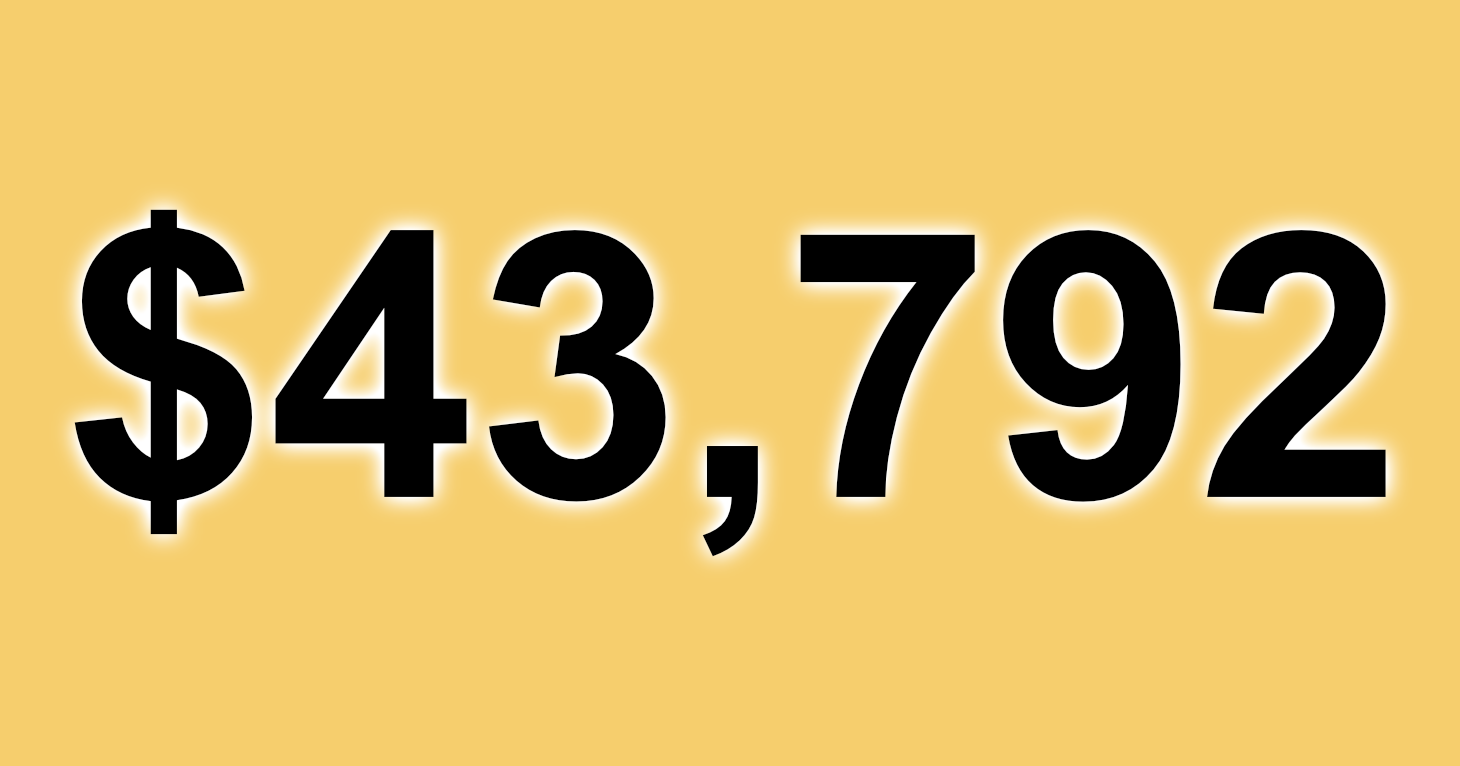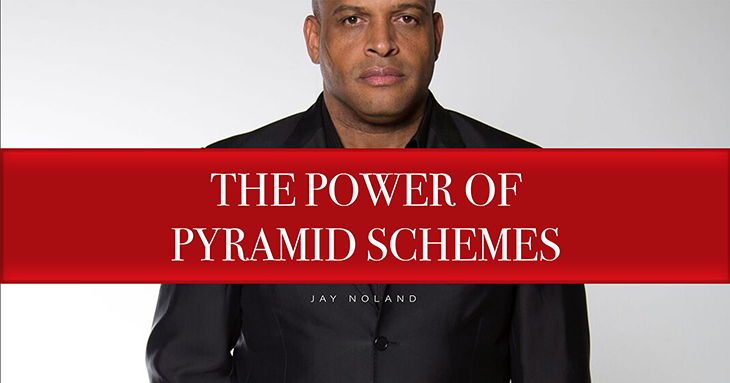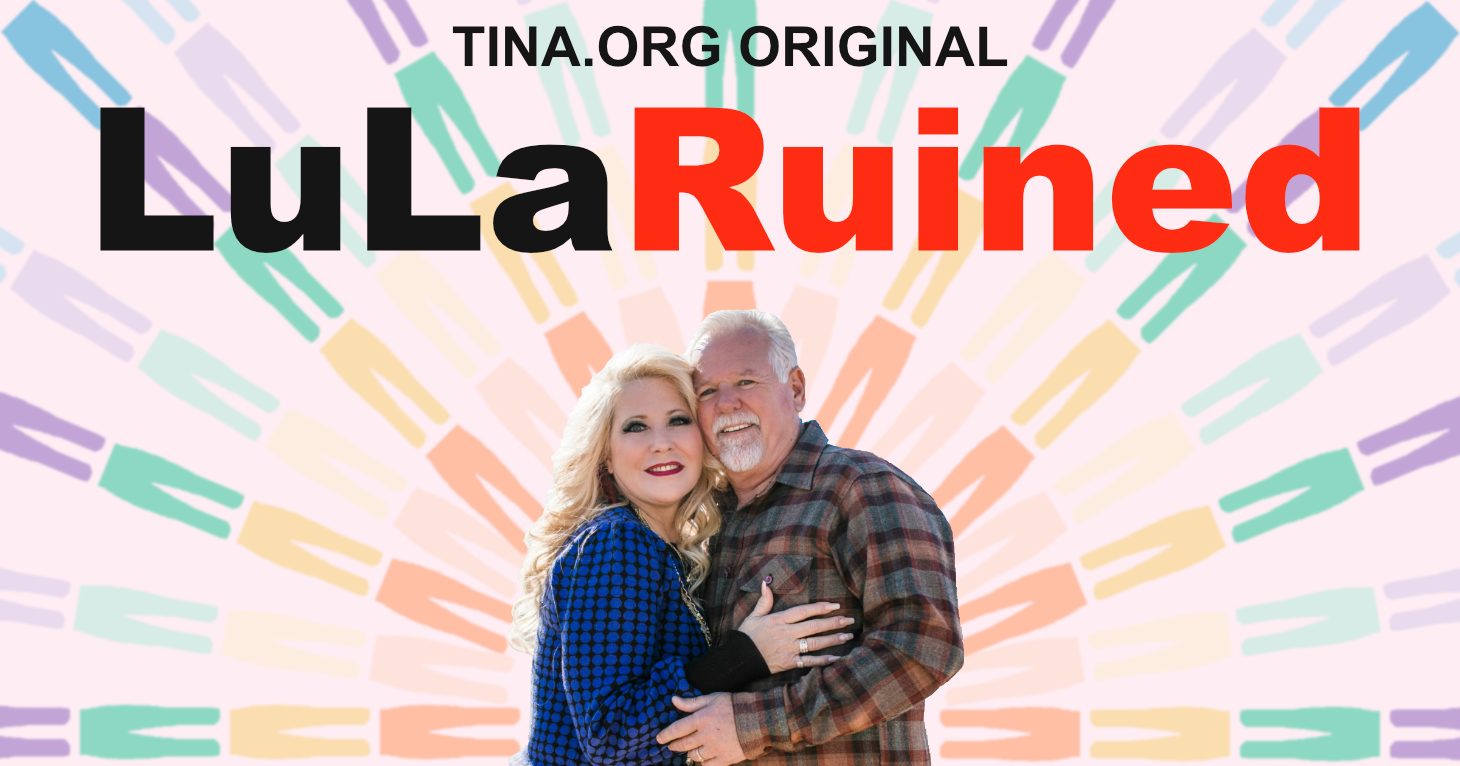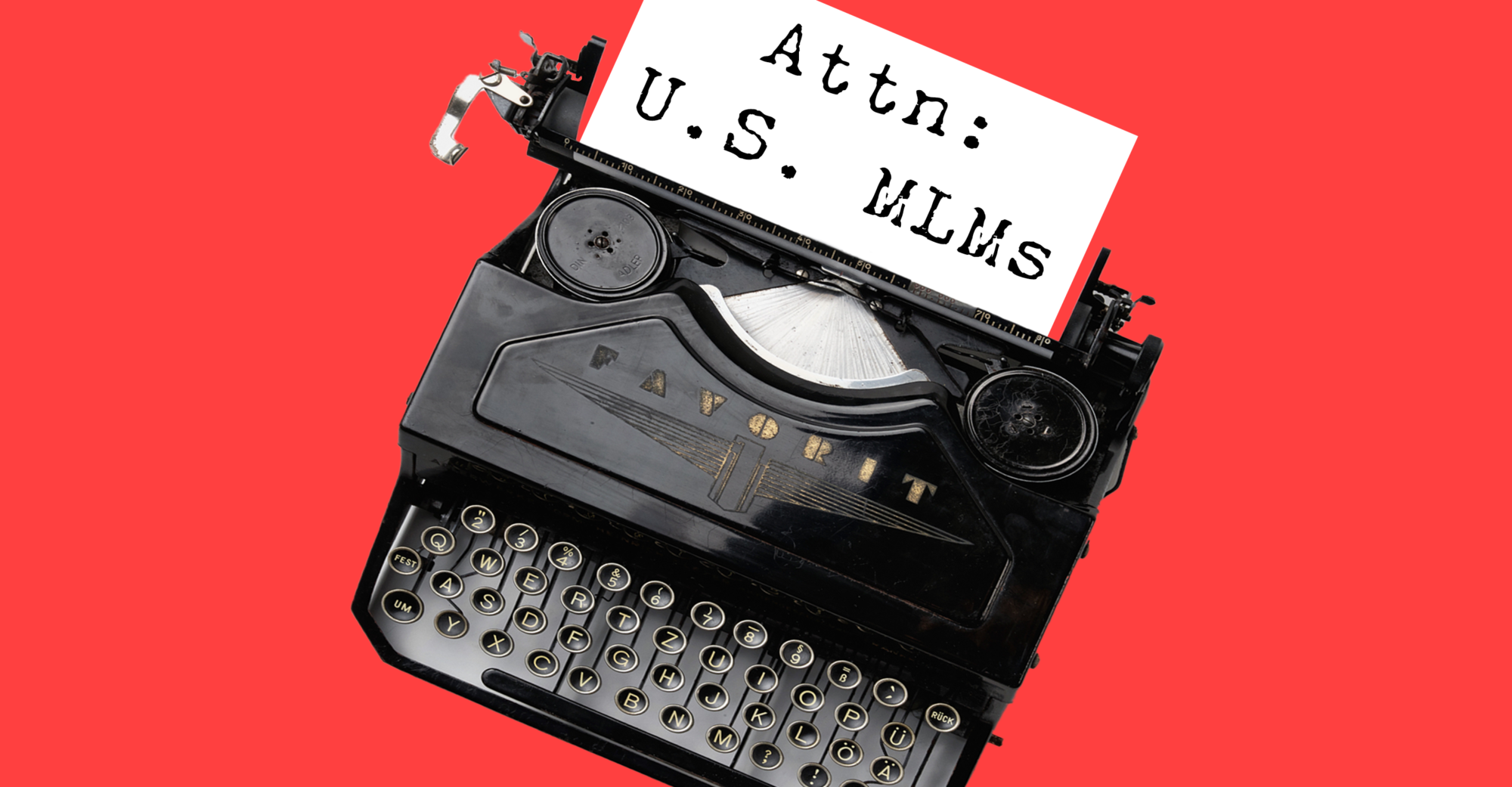
FTC to MLMs: You Lie, You Pay
The agency puts the MLM industry on notice.
Court also finds that defendants made false and deceptive earnings claims.
| | Bonnie Patten
UPDATES:
The FTC recently announced that it had secured an ex parte temporary restraining order (TRO), asset freeze and appointment of receiver against Nevada-based Multilevel Marketing – a way of distributing products or services in which the distributors earn income from their own retail sales and from retail sales made by their direct and indirect recruits. Success by Health (SBH), its founder and CEO Jay Noland, his wife and two other SBH employees based on allegations that they were operating a pyramid scheme. The company, which sold coffees, teas and nutraceuticals, is said to have paid its approximately 5,000 distributors about $200 on average while paying $1.35 million to the four individuals defendants named in the complaint.
SBH’s CEO is no stranger to the FTC. Labeling Noland a “serial pyramid scheme promoter,” the FTC details in its TRO papers how, 20 years ago, Noland used “false promises of substantial income to enroll consumers in a separate pyramid scheme,” Netforce Seminars. The FTC’s motion goes on to state that Noland and his wife were tipped off to the agency’s investigation by one of their banks, and, as a result, the couple left the country this past summer and set up shop in Uruguay.
While SBH was certainly not a well-known or sizeable MLM, the FTC’s action against it has valuable lessons that the direct selling industry needs to heed. Moreover, the commission’s pleadings, evidence and documentation clearly lay out the blueprint for how it will go about prosecuting other alleged pyramid schemes, like Neora (aka Nerium), in future actions. Here are five things you need to know about the FTC’s case against SBH.
1. “Financial Freedom”: If any MLM company or distributor still thinks it’s OK to use the term “financial freedom” in marketing their MLM’s business opportunity, they should think again. In the FTC’s papers seeking a TRO against SBH, the term “financial freedom” is referenced more than a dozen times (and not in a good way) — the phrase is repeatedly called out as a deceptive income claim. (It’s similarly highlighted six times in the FTC’s complaint.) Right from the start, the FTC uses the term to castigate SBH:
Defendants … bait entrepreneurial consumers into a financial abyss by telling them that they will attain “financial freedom,” and never have to work again … Unsurprisingly, rather than provide financial freedom, the four individual Defendants siphon cash into their own pockets.
The TRO memorandum goes on to highlight other unacceptable phrases and images used by defendants to promote their pyramid scheme:
Defendants’ “lifestyle” claims convey the same message as their claims of financial freedom, million-dollar earnings, or unlimited income: SBH is likely to make you rich. The company’s marketing materials show images of luxury yachts, sports cars, cash, and exotic vacations.
Deceptive and misleading income claims are rampant in the MLM industry and until companies and distributors stop making such claims of financial freedom they will continue to risk FTC scrutiny.
2. FTC Expert Report: There’s been a lot of hysteria in the MLMverse of late that the FTC is trying to change the rules of the road when it comes to what is and is not a pyramid scheme. A recent complaint filed by Neora against the FTC alleges that the commission “is attempting to unilaterally and retroactively outlaw multi-level marketing” and “take the ‘multi’ out of multi level [sic] marketing.” However, a review of the expert report filed by the FTC in the SBH case makes clear that the agency remains on legally firm and precedent-solid ground. The FTC’s expert economist is Dr. Stacie Bosley, who was also the agency’s expert in Vemma. The FTC summarized her report as follows:
Dr. Stacie Bosley, a Ph.D. in Applied Economics and an expert on multilevel marketing who previously has testified in that capacity in this District, reviewed Defendants’ compensation plan and marketing materials. She determined that the plan creates a perpetual chain of recruitment and that, as a result, it is a “money-transfer scheme that siphons money from later entrants to compensate earlier entrants, delivering easily foreseen losses (from a structural perspective) to the vast majority of participants.” According to Dr. Bosley’s modeling, 90% of people must be losing money in SBH at any given time.
In her report, Dr. Bosley applies two related descriptions of a pyramid scheme: a general economic characterization, and the other, established more than 40 years ago in caselaw, known as the Koscot test, which has subsequently been upheld and applied in numerous other cases including Omnitrition, and more recently in Burnlounge. Using this structure, Dr. Bosley concludes that “the SBH marketing program and representations of that program mislead consumers into a pyramid scheme that will deliver losses to the vast majority of participants, by design. These losses are attributable to the structure and execution of the SBH program, rather than the actions or failure of individual participants.” The report, which is over 90 pages long, makes clear that whatever FTC attorneys may have said during settlement negotiations with Neora, or what Andrew Smith, director of the FTC’s Bureau of Consumer Protection, may or may not have said at a DSA event is irrelevant — the agency’s prosecution of pyramid schemes remains much the same as it ever has been.
3. Consumer Complaints Matter: The FTC’s documentation against SBH includes 28 consumer complaints that the agency received through its Consumer Sentinel Network. The commission quotes extensively from some of these complaints in making its case against SBH. By way of example, the FTC’s TRO papers state:
Victims of pyramid schemes are generally hesitant to voice their complaints, afraid of the backlash from the company and other distributors, convinced that their failure was self-inflicted, and/or concerned that relationships with family and friends (involved in the scheme) will end. But victims’ stories matter, and they need to be heard and shared — especially with the FTC.
4. Tainted “Training” Events: In what appears to be a new focus area for the FTC, its complaint and TRO papers zero in on training events promoted by defendants. In a subsection of its TRO memorandum titled, “Defendants Use ‘Training’ Events to Extract More Money from Affiliates and to Condition them to Pay More into the Pyramid,” the FTC charges that:
Defendants consistently pressure Affiliates to pay hundreds or thousands of dollars to attend multiple Jay Noland “training” events. Over a two-year period, consumers paid more than $1.2 million to attend these trainings or to access online training materials— approximately 25% [of] all money they paid to SBH. During these events, Defendants use intense rhetorical and emotional appeals with bright lights, loud music, dancers, and flashy visuals to extract even more money from consumers.
Pushing distributors to attend costly training sessions, events and conventions is common practice in the MLM industry. In 2017, a class-action lawsuit against Herbalife alleged that the company (and a multitude of other defendants) defrauded consumers by deceptively marketing its Circle of Success events as the key to attaining life-changing income. The complaint went on to criticize the FTC for failing to include this aspect of Herbalife’s business model in its $200 million settlement with the company. Specifically, the complaint stated:
But untouched by the FTC’s action . . . is the single most effective fraud in the arsenal of Herbalife and its top distributors – the Circle of Success event system. The event system lures and ensnares people such as Plaintiffs with the guarantee of significant income, a better lifestyle, and even happiness – all to be easily attained through event attendance.
Well it appears that the FTC may have just gotten the memo. And there is no doubt that by including such allegations in its complaint, the FTC can argue that it is entitled to obtain more money in order to fully compensate SBH’s victims.
5. Four Months, Three Pyramid Cases: TINA.org predicted that 2020 would be a bad year for pyramid schemes attempting to disguise themselves as legitimate MLMs. We based our prediction on the fact that after bringing only four pyramid scheme cases in the previous 11 years, the FTC filed two such cases in late 2019.
Now in the past four months, the FTC has announced pyramid scheme actions against three MLMs: first, in October 2019 there was Advocare, which agreed to cease operating as a multilevel marketing company; next, in December 2019 Neora (aka Nerium) and the FTC filled dueling lawsuits over the issue of whether Neora is or is not a pyramid scheme; and finally, there’s the FTC action against SBH, which will most likely result in the demise of SBH and a permanent MLM ban for its founder, Jay Noland.
Given the number of MLMs engaged in deceptive marketing and the many focused on recruitment over product sales, it’s likely that we haven’t seen the end of this prosecutorial trend by the FTC. My vote for upcoming FTC actions – IM Master Academy (aka iMarketsLive) and New U Life.
The agency puts the MLM industry on notice.
New documentary explores the rise and fall of LuLaRoe.
And if you don’t know, now you know.


